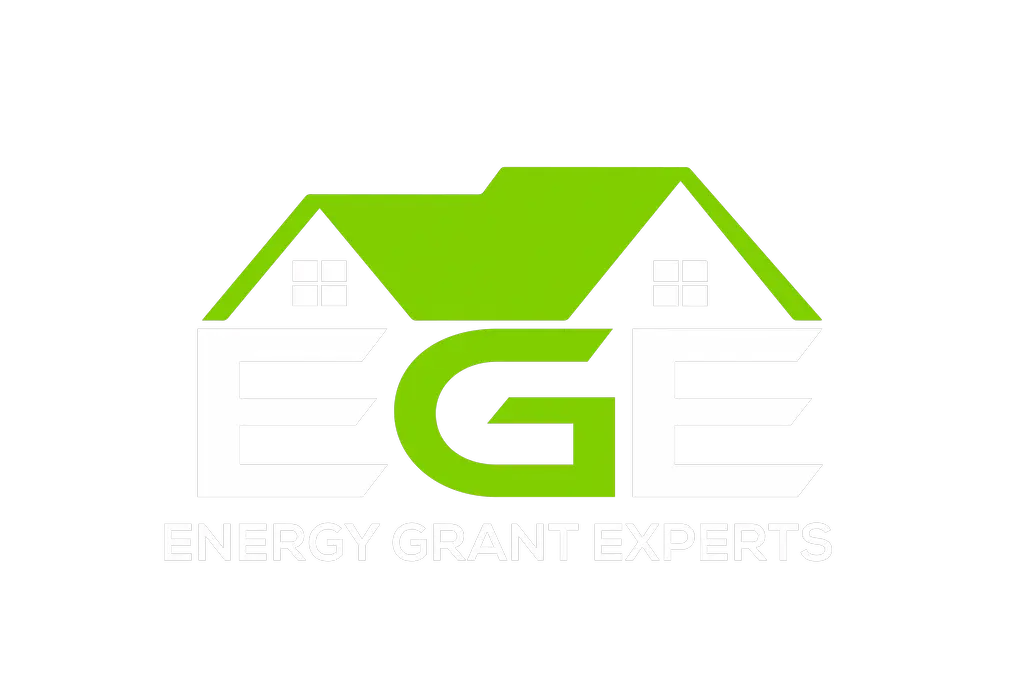
Energy Compliance Obligation 4
ECO4
At Energy Grant Experts we specialise is helping people access the ECO 4 funding available through the UK government.
The scheme will run
- From March 2022 to 2026
there is around £600 million pounds available to help improve the energy efficiency of buildings throughout the UK.
- Speak to one of our Energy Grant Experts today

Energy Grant Experts – Your One Stop Shop For Energy Grants Across The UK. 100% Free
At EGE, we’re dedicated to making your home more energy-efficient and environmentally friendly. As specialists in free energy grants, including ECO 4 and GBIS, we’re here to guide you through the process of accessing funding through the many government lead initiatives available and implementing energy-saving solutions for your home. We understand that choosing the right partner for your energy grant is vitally important and we strive to match you with a trusted local company you can check out for yourself and make sure you are happy with their workmanship before anything begins.
Get Started Today
Ready to take the first step towards a more energy-efficient home? Contact us today to schedule a consultation with one of our experts. Let’s work together to make your home greener, more comfortable, and more cost-effective!